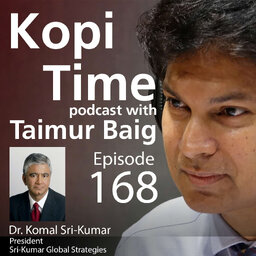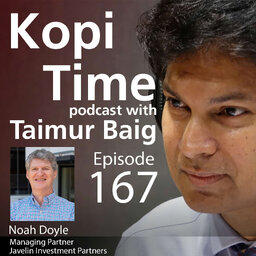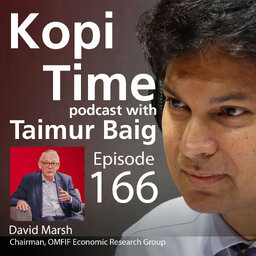Kopi Time E119 - Angela Mancini on Geopolitics and Business Risks
Angela Mancini, Partner and Head of the Geopolitical Risk Analysis practice for Asia Pacific at Control Risks, returns to Kopi Time after four years. The issues haven’t changed that much in the interim—we talk about Indonesia, Malaysia, and Singapore’s elections and economic prospects, state of China-US friction in the context of business risks, and the domestic dynamics at play in the US. Angela provides astute insights and some prognostications as we cover an extensive ground, including the likely outcome of the US Presidential race.
 DBS Economics & Strategy
DBS Economics & Strategy


